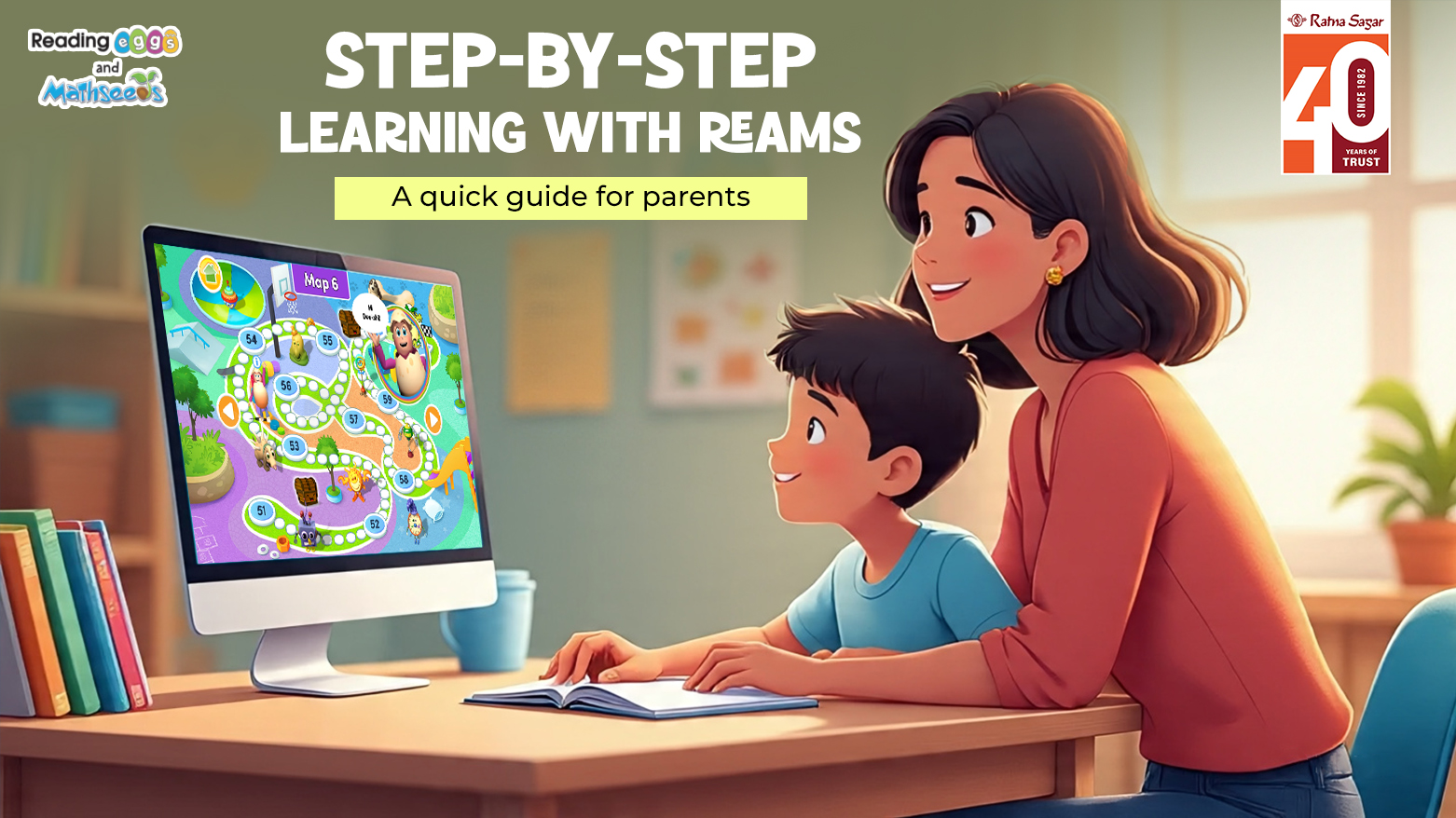
Step-by-Step Learning with REaMS
Learning is one of the most important parts of a child’s life. But for many...
Read More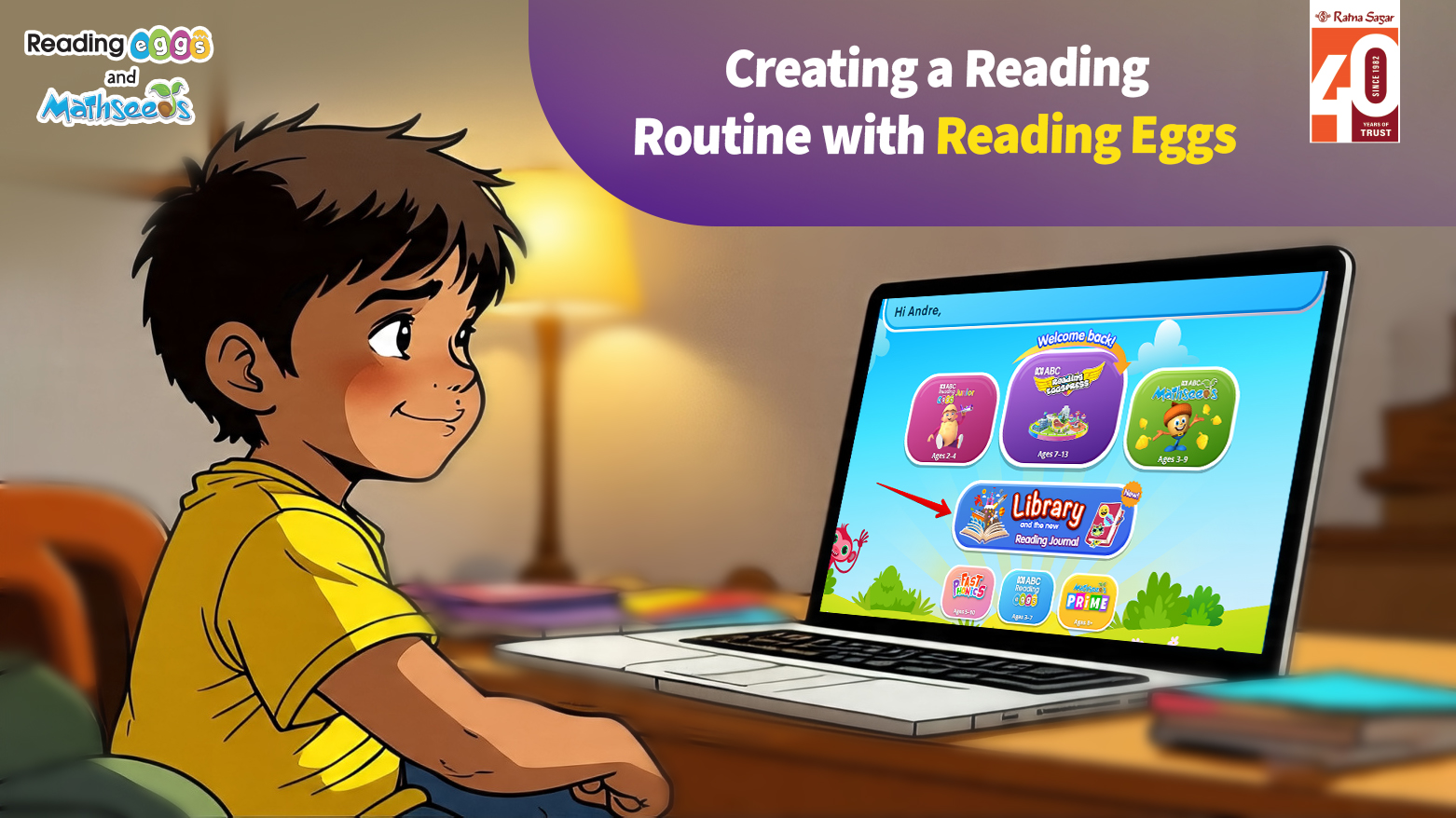
Creating a Reading Routine with Readin...
Reading is one of the most important skills a child can learn. It opens doors...
Read More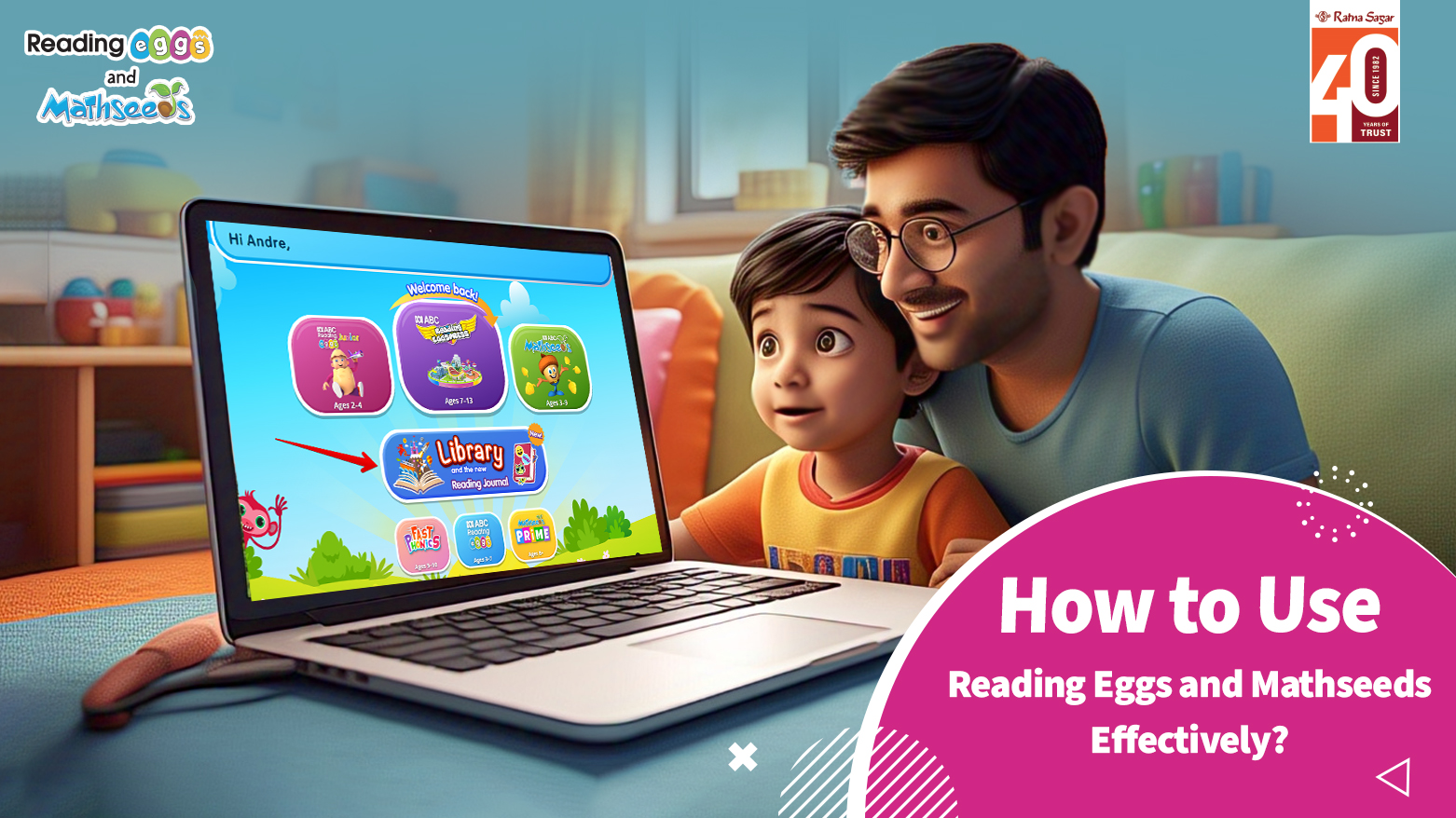
Best Practices for Using Reading Eggs...
In today’s digital age, many parents and teachers are turning to online learning tools to...
Read More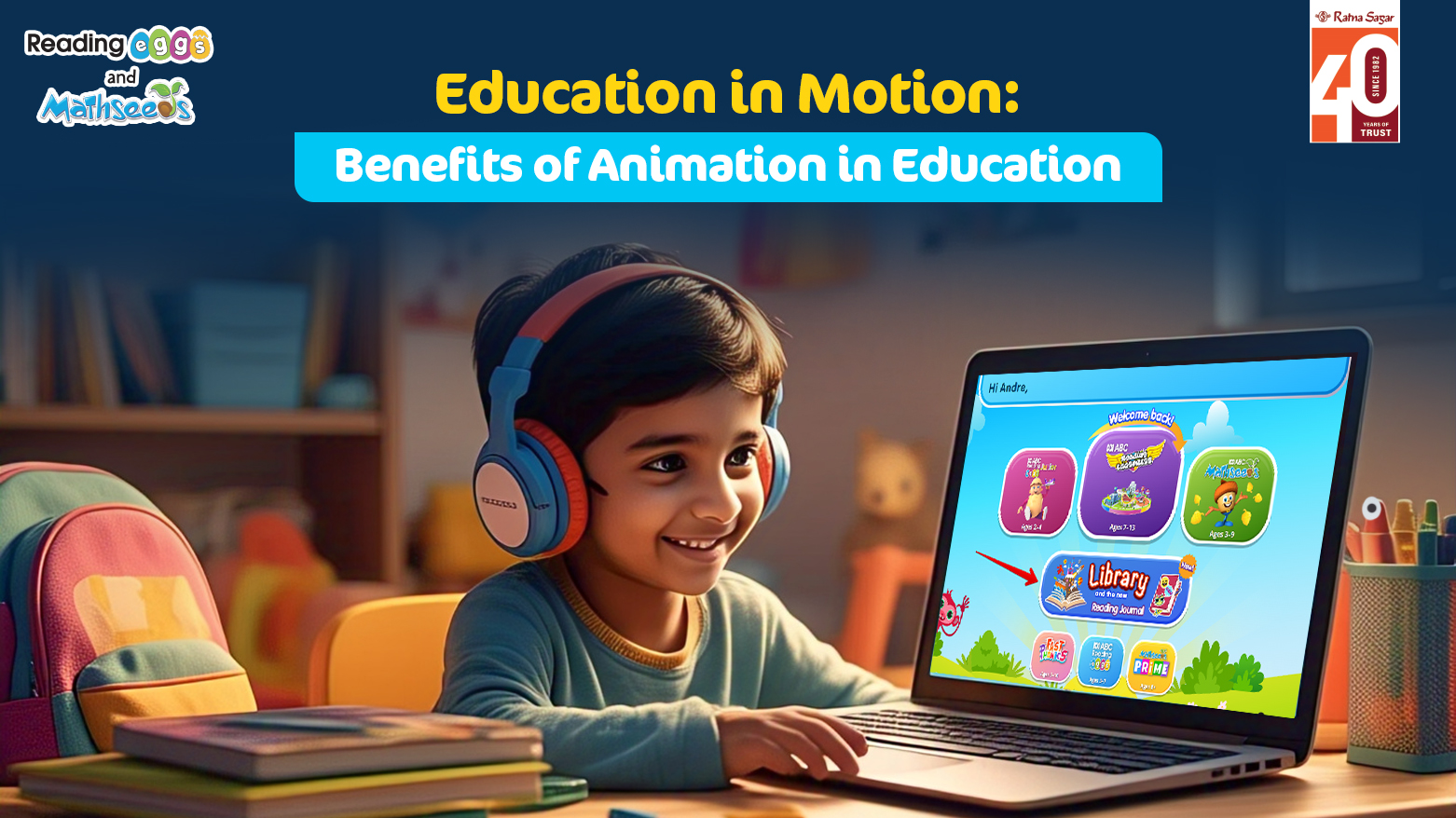
Education in Motion: Benefits of Anima...
In today’s fast-changing world, the way children learn is also changing. Traditional blackboard teaching is...
Read More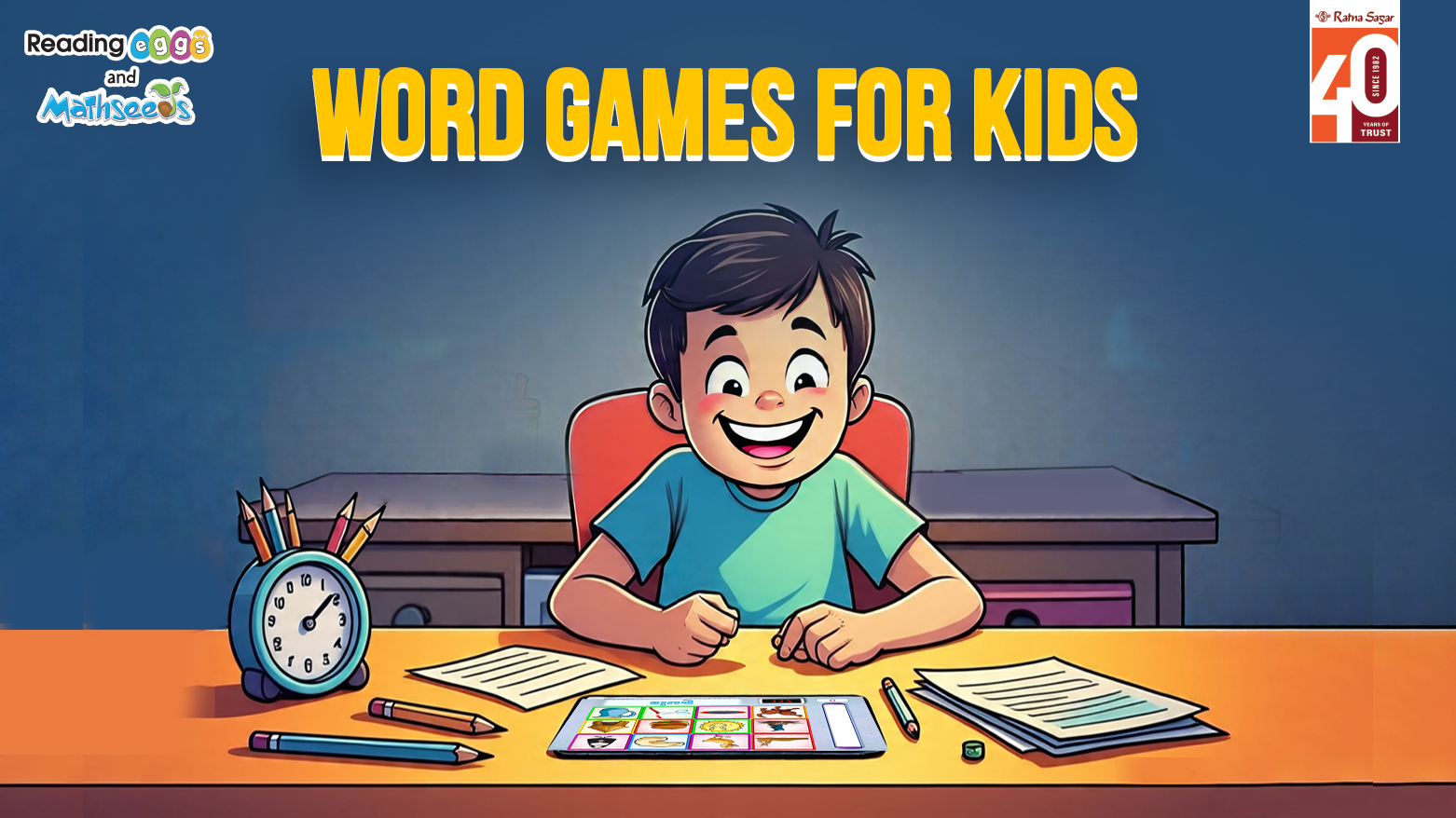
Words Per Minute: Word Games for Kids
In today’s digital world, children love using tablets, phones and computers. As parents and teachers,...
Read More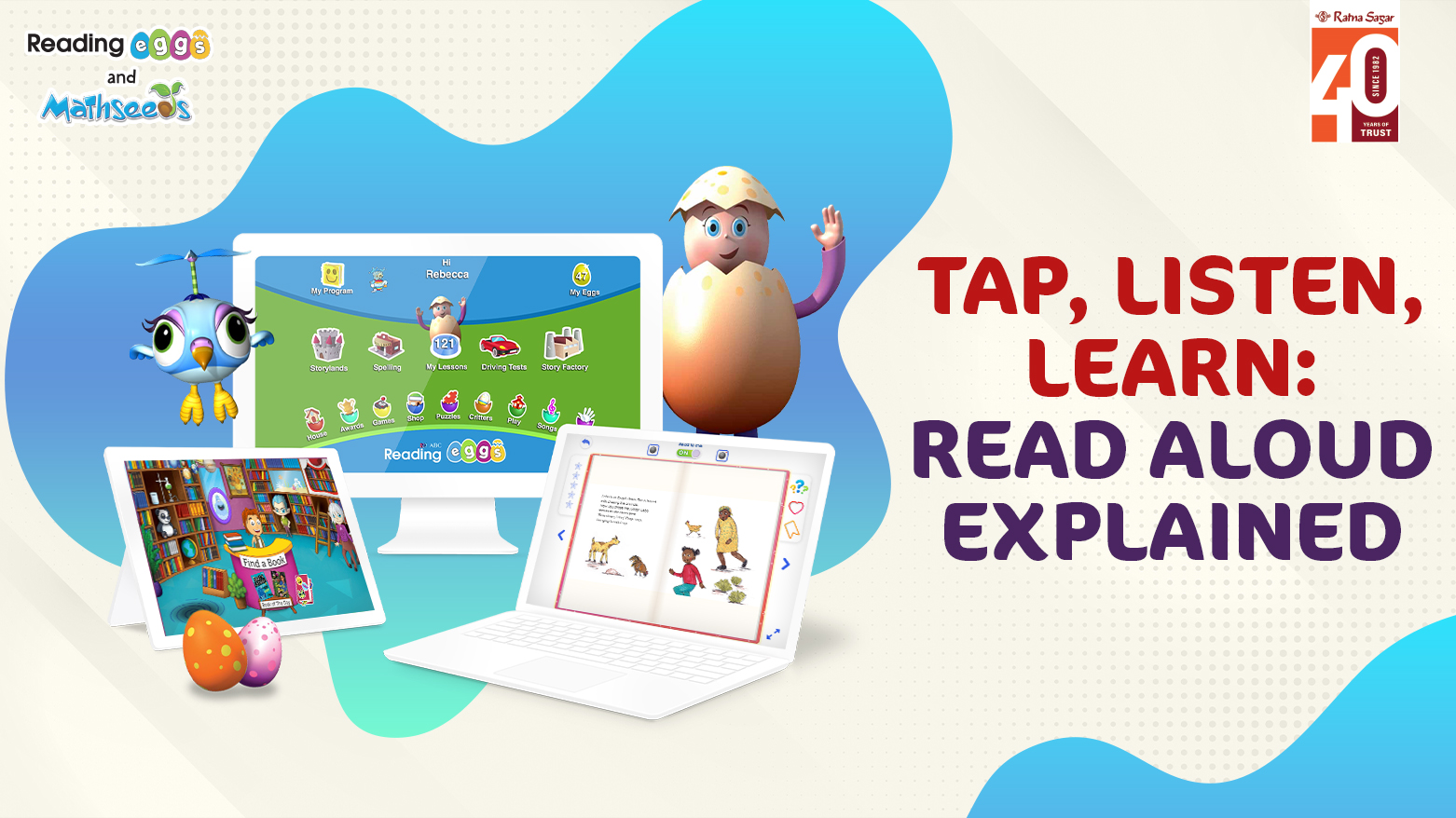
Tap, Listen, Learn: Read Aloud Explain...
Reading aloud boosts kids' confidence, vocabulary, and love for books. With tools like Reading Eggs,...
Read More